Congratulations! Pregnancy is an amazing time in life and should be fully enjoyed. However, for many women, this exciting time is over-shadowed by problematic skin. This is made extra difficult right now, as you may not be able to receive one-on-one guidance due to social distancing rules. Let’s at least take you through your skin care do’s and don’ts.
To say that pregnant women are “glowing” with good health is a common assumption. Well, this is both true and a bit misleading. All the extra hormones and body changes can lead to extra oil production and blood circulation. There really is a glow about you, but what your skin’s feeling may not be quite so pleasant. You can also experience red inflamed skin, acne, stretch marks, heat rashes and dark patches of melasma forming – charming hey. So, how should you look after pregnant and breastfeeding skin? Let’s get started.
Many women experience some form of congestion; blackheads, dry, flaky and rough skin, with breakouts and/or milia (little white lumps under the skin). Unsurprisingly, those pesky thousands of hormones pumping through your body are at the root of it. However, it is also due to your skin becoming dehydrated. With so many changes happening to your body in such a short amount of time, you’re often left feeling too unwell to drink enough water. The only thing you want to eat is carbs laden with refined sugar. All of this, plus lack of knowledge about what to use, can lead to the above symptoms and more.
Pregnant and Breastfeeding Skin needs some extra consideration.
If it’s melasma or varicose veins you’re noticing, you you may wish you could attack them immediately, but you’re best waiting until after you’ve finished breastfeeding. Your skin will often slowly improve again following childbirth. There’s no point getting stressed about it just yet. Instead increase the protection of your skin with sunscreen and protective clothing. Continue gentle exercise where possible, and be kind to your body. Your skin will be more sensitive right now, you need to treat it gently and be patient.
Also, keep in mind heat rash really is just that. With a baby growing inside you, you have you’re own personal heater. Make sure you’re keeping your skin cool and dry, wearing breathable fabrics to avoid the pesky itching that can ensue. Below is our guide to safely go about Pregnant and Breastfeeding Skin Care.
Skip the theory and see the best skin care products to use during pregnancy here
So, you ask – how do I keep my skin healthy and clear, and also keep my baby safe?
Firstly, there are a few ingredients you need to avoid using when expecting. It’s a given to avoid any nasties (pregnant or not), but below are a few other things to steer clear of throughout pregnancy and breastfeeding. You know you need to watch what you eat for your unborn baby’s health; well, what you put on your skin is just as important.
Things To Avoid
Vitamin A or Retinol is a no-go.
It’s an ingredient that speeds up cell division, changes cell function and repairs cell damage. It’s the ingredient of choice, when not pregnant, if you wish to change your skin.
Many doctors maintain that topical Vitamin A in pregnancy is okay to use, but because of the lack of research, advise against it anyway. There are oral acne medications known to cause birth defects, that your Doctor will ask you to avoid. Studies are simply not comprehensive enough regarding the topical skin care versions to risk adding extra Vitamin A during your pregnancy. Even while you’re breastfeeding, it’s not proven how much Retinol is passed to your child through your milk. So, while the amount in your body from topical skin care vs oral medications will be drastically less, it’s safest to stop using them during this time.
Can you use Retinol while breastfeeding? It’s advised NOT to use your Vitamin A serums for the same reason as pregnancy. You can now enjoy your soft cheese and shellfish, but not your Vitamin A serum!
The reality is that while you’re pregnant, your skin will often become more sensitive. Don’t be surprised if you’re suddenly irritated by things you’ve used for years. It’s normal for pregnant and breastfeeding skin to become sensitive. Instead replace your Retinol products with a “look-alike” Vitamin A, filled with antioxidants. Which is known for being gentle and safe during this time. We often recommend Osmosis MD Replenish or Medik8 Bakuchiol Peptides during pregnancy and breastfeeding, as they give a similar result without the retinol ingredients.
Vitamin A Replacements
-
Osmosis Replenish Antioxidant Infusion Serum
$152.00 -
Medik8 Bakuchiol Peptides Retinol Alternative Serum
$110.00 – $241.00
 Avoid Hydroxy Acids.
Avoid Hydroxy Acids.
These are often found in products treating acne, inflammation and redness, as well as cleansers. The most common varieties are beta hydroxy acid (BHA), salicylic acid, alpha hydroxy acids (AHA), glycolic acid and lactic acid. The reason they are considered a no-no is that oral salicylic acid (aspirin) is confirmed as not safe during pregnancy or breastfeeding. Thus Doctors recommend avoiding the use of topical BHAs excessively, although they haven’t been properly tested as skin care treatments. The reality is that only a small amount would enter the skin though. Thus the most gentle version of AHAs, such as Lactic Acid, are not considered high-risk to use occasionally on Pregnant and Breastfeeding Skin (in small amounts). If you’re concerned, simply swap to a gentle enzyme cleanser!
AHAs have not been studied in relation to pregnancy. Since they will only be absorbed in small amounts by the skin, Lactic Acid (as the most gentle version of AHAs) is considered low risk to use in small amounts.
The Sun will cause more damage.
Pregnant skin is more sensitive to UV radiation. Yes, you’re not just imagining it. You will burn easier and you will sustain deep cellular damage, which is ageing, much more quickly than before you became pregnant. You want to finish your pregnancy and feeding phase with skin as young (almost) as before you even thought about babies.
Therefore, applying a zinc-based (physical) minimum SPF 30 sunscreen daily (no matter the weather) is essential! No excuses!! It is best to avoid sunscreens that are sprays, as well as the chemical oxybenzone, as it is connected to developmental problems in unborn children.
Moisturisers with SPF
-
CosMedix Hydrate + Moisturiser with Zinc
$92.00 -
Aspect Dr Hydra Shield
$85.00 -
Osmosis Protect Ultra-Sheer Protective Moisturiser
$70.00 -
Societe Prime and Defend with Zinc
$99.00 -
Medik8 Physical Sunscreen
$75.00 – $111.00
Facial Treatments are gentle now.
When receiving peels or facial treatments, you should follow the same rules as with your home care. Keep in mind your skin will now be more sensitive! Talk to your doctor, explain your situation to your therapist, ask about the products they will use and be mindful of ingredients. However, your therapist should know what is safe for you to use. To put it simply, any skin treatment designed to do more than provide hydration or a gentle exfoliation is generally not suitable for pregnant women. You’re body has a very important job to do, don’t be to surprised if your skin is suddenly not 100%.
Now that we have covered some of the “don’ts” of pregnancy and breastfeeding skin, below are some of the essential tools for creating and maintaining great skin.
Safe Skin Care Products During Pregnancy and Breastfeeding
Hydration is Key!
If your skin is dehydrated, it can result in uneven, textured and break-out prone skin. Remember, your baby receives everything you put into (and onto) your body, so stay hydrated by guzzling as much water as possible! I know that for some, drinking water can be difficult, so try opting for watery foods to assist you in keeping your hydration levels up.
Use an emollient moisturiser to further assist in preventing dry, irritated skin. Now is the time to spoil yourself with your favourite moisturiser(s). Let’s face it, with so many things you’re suddenly not allowed to enjoy, this is your own personal GEM!!!! You may even want a separate one for your face, body, stretch marks (Rescue Balm) and massaging your increasingly tired feet.
Don’t skimp on moisturiser, it’s your skins best indulgence right now!
-
Aspect Dr Resveratrol Moisturising Cream
$99.00 – $160.00 -
Aspect Super Moisturising Complex
$95.00 – $164.00 -
Aspect Phytostat 9
$95.00 – $134.00 -
Osmosis Quench Nourishing Moisturiser
$136.00 – $407.00 -
Osmosis Immerse Restorative Facial Oil
$145.00
Keep it clean…
Wash your face with a gentle cleanser based on Enzymes (or Lactic Acid occasionally) and avoid any harsh grainy scrubs. The scrubs, while making you feel clean, can damage your skin’s surface layers, increase water loss and make you more sun-sensitive. Instead, use an Enzyme exfoliator once or twice a week; one that nourishes as well as exfoliates is best. The beauty of Enzyme cleansers is they are often taken from plants and fruit. Working by simply dissolving the bonds between your dead skin cells. Allowing them to be gently washed off. They don’t disrupt your skins natural pH balance. This means they rarely irritate or leave your skin inflamed. While you’re pregnant and breastfeeding this is ideal for your sensitive skin.
Cleansers
-
Aspect Dr Mild Clean
$59.00 -
Osmosis Purify Enzyme Cleanser
$58.00 – $94.00 -
CosMedix Benefit Clean Gentle Cleanser
$79.00 -
Aspect Cleansing Micellar Water
$39.60 -
Medik8 Micellar Mousse
$55.00
Boost your skins health!
Incorporate Vitamin B products into your skincare regime, such as the Aspect Dr Multi B Plus serum. Vitamin B is safe for pregnant and breastfeeding women and is great at re-hydrating the skin, reducing redness and breakouts. It improves the blood flow within your skins cells, allowing them to stay healthy.
-
Aspect Dr Multi B Plus Serum
$149.00 – $268.00
Improve your skins strength.
Can you use a Vitamin C serum while breastfeeding? You sure can! Incorporate some Vitamin C into your skincare regime, such as Aspect Dr Active C serum. Vitamin C is an antioxidant that stabilises free-radicals (unstable molecules that inflame the skin), improving dryness, collagen damage, fine lines and wrinkles. Not only that, but it strengthens your skin against the sun while assisting heal past damage.
-
Aspect Dr Active C Serum
$149.00 – $268.00
Sneaky tip – Osmosis MD Replenish has all of these goodies and more in one serum. Too easy!!!
Staying healthy and having great skin isn’t limited to just what you put on your body, but what you put inside it.
Keep your diet as healthy as possible.
Full of greens, various fruit and veggies and high protein foods. If you are having problems with your gut or keep getting little colds and being ill, consider super foods that can give your body a natural boost.
Use safe body care products for pregnancy
Shampoos, toothpaste, body lotions and creams will benefit both yourself and your unborn child. There are many options available, and we always recommend organic and natural during this stage of your life. Thankfully, now many sensitive skincare products are free of nasty’s while using organic or natural products where available.
In conclusion
It’s important to remember that a lot of skin concerns that appear throughout pregnancy and whilst feeding your bundle of joy are only temporary. At the end of the day, most of us are prepared – if not happy – to suffer a bit to have a healthy and happy baby.
* Remember to always consult with your doctor when choosing products and treatments. *
Pregnancy Kits To Make Life Easier!
Our custom kits designed just for mumma’s (and mumma’s to be). Go on, you deserve it!
Best Skin Care Products While Pregnant and Breastfeeding
Cleansers
-
Aspect Dr Mild Clean
$59.00 -
Osmosis Purify Enzyme Cleanser
$58.00 – $94.00 -
CosMedix Benefit Clean Gentle Cleanser
$79.00 -
Aspect Cleansing Micellar Water
$39.60 -
Medik8 Micellar Mousse
$55.00
Vitamin A Replacements
-
Osmosis Replenish Antioxidant Infusion Serum
$152.00 -
Medik8 Bakuchiol Peptides Retinol Alternative Serum
$110.00 – $241.00
Serums
-
Aspect Dr Multi B Plus Serum
$149.00 – $268.00 -
Aspect Dr Active C Serum
$149.00 – $268.00 -
Medik8 Hydr8 B5 Intense
$115.00 -
Medik8 C-Tetra Luxe
$140.00 -
Medik8 Clarity Peptides
$101.00
Moisturisers
-
Aspect Dr Resveratrol Moisturising Cream
$99.00 – $160.00 -
Aspect Super Moisturising Complex
$95.00 – $164.00 -
Aspect Phytostat 9
$95.00 – $134.00 -
Osmosis Quench Nourishing Moisturiser
$136.00 – $407.00 -
Osmosis Immerse Restorative Facial Oil
$145.00
Moisturisers with SPF
-
CosMedix Hydrate + Moisturiser with Zinc
$92.00 -
Aspect Dr Hydra Shield
$85.00 -
Osmosis Protect Ultra-Sheer Protective Moisturiser
$70.00 -
Societe Prime and Defend with Zinc
$99.00 -
Medik8 Physical Sunscreen
$75.00 – $111.00
Hydrating Masks
-
Aspect Probiotic Mask
$69.00 -
CosMedix Rescue Intense Hydrating Balm & Mask
$105.00 -
Societe Rejuvenating Peptide Gel Mask
$39.00 – $179.00 -
Medik8 Ultimate Recovery Bio Cellulose Mask
$29.00 – $139.00
Still not sure?
If you need more help or would like personalised advice, book now for your consultation with a skin care advisor. Offering information on what skincare products are best for you. Check out our range of in-clinic services today.
Otherwise fill in the Online Skin Consultation. Our skin care advisor will happily help you. Choosing the right treatments and products for your skin type or concern.
Check out our latest Specials!

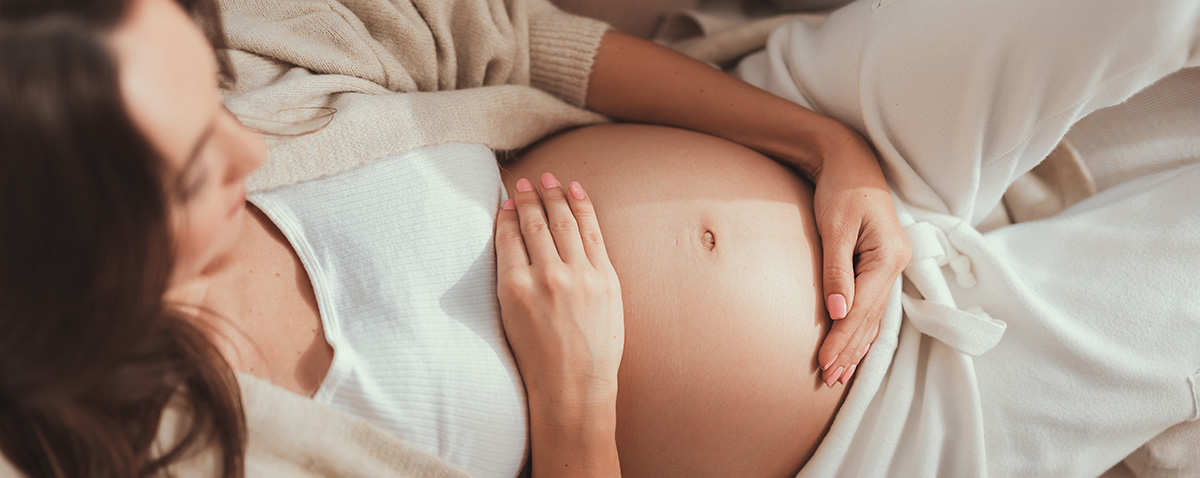
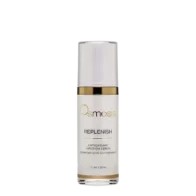
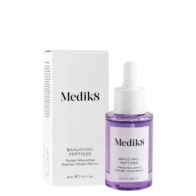
 Avoid Hydroxy Acids.
Avoid Hydroxy Acids.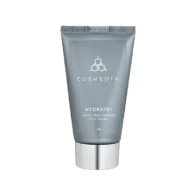
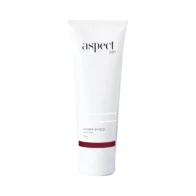
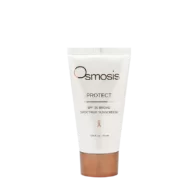
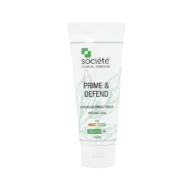



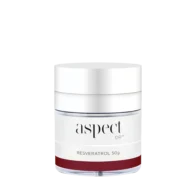
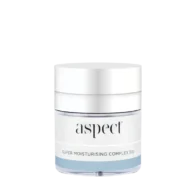
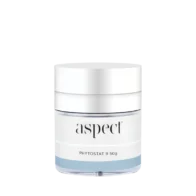
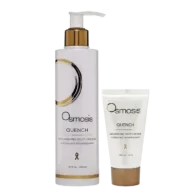
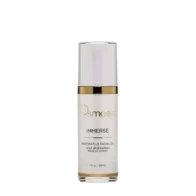
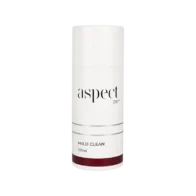
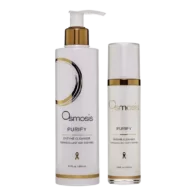
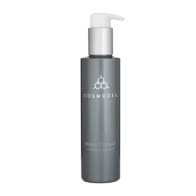
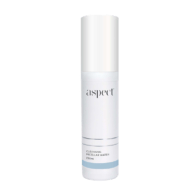
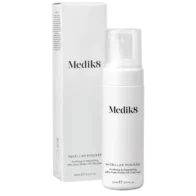
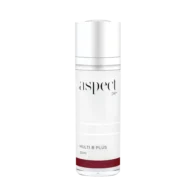
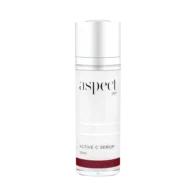
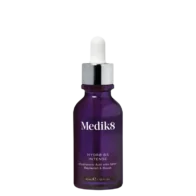
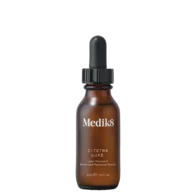
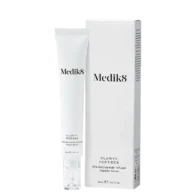
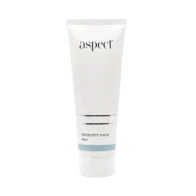
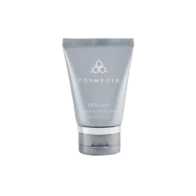
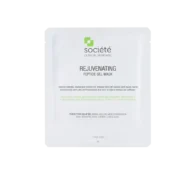
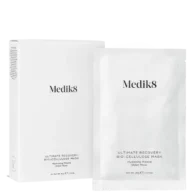
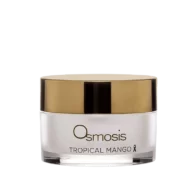

Leave a Reply